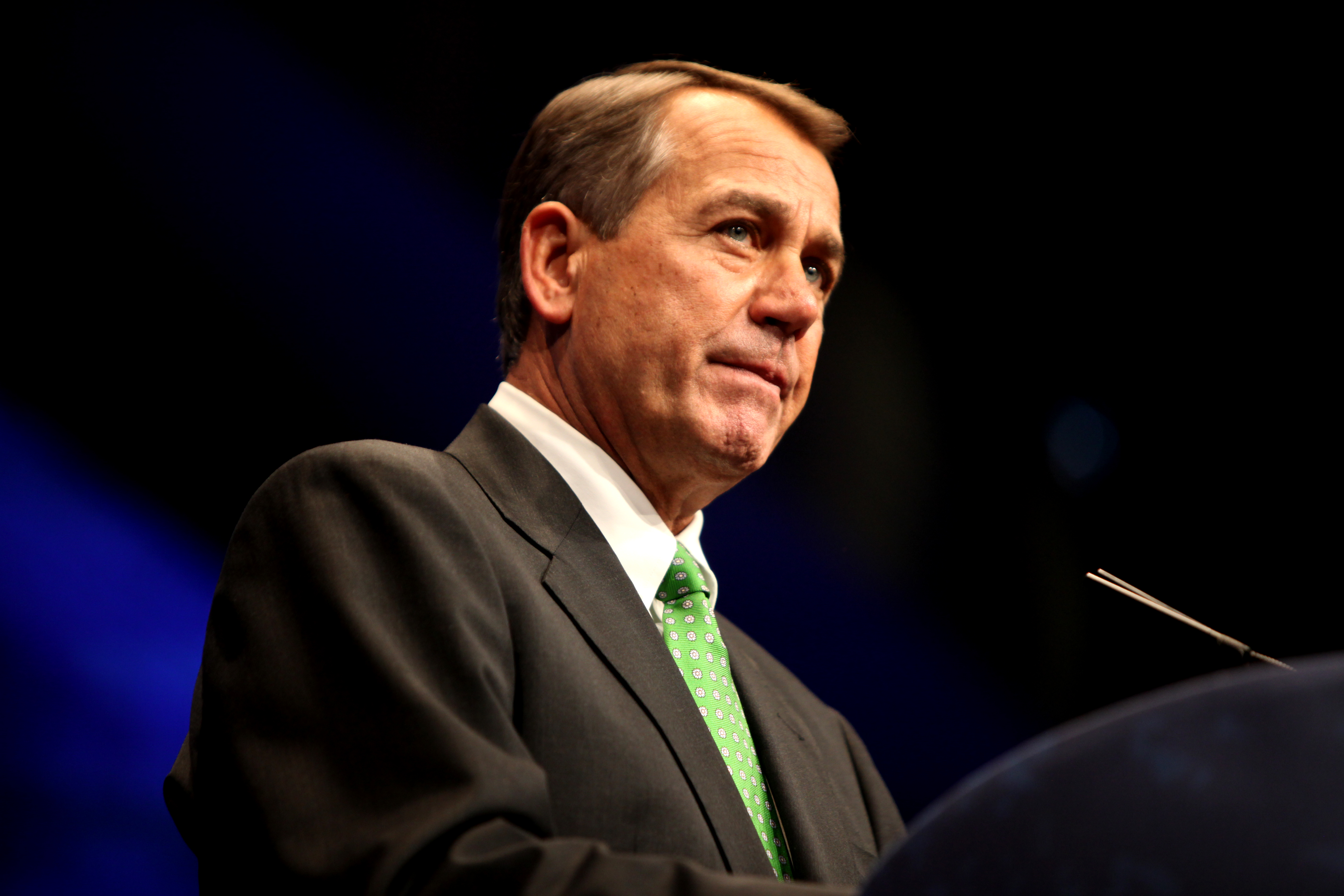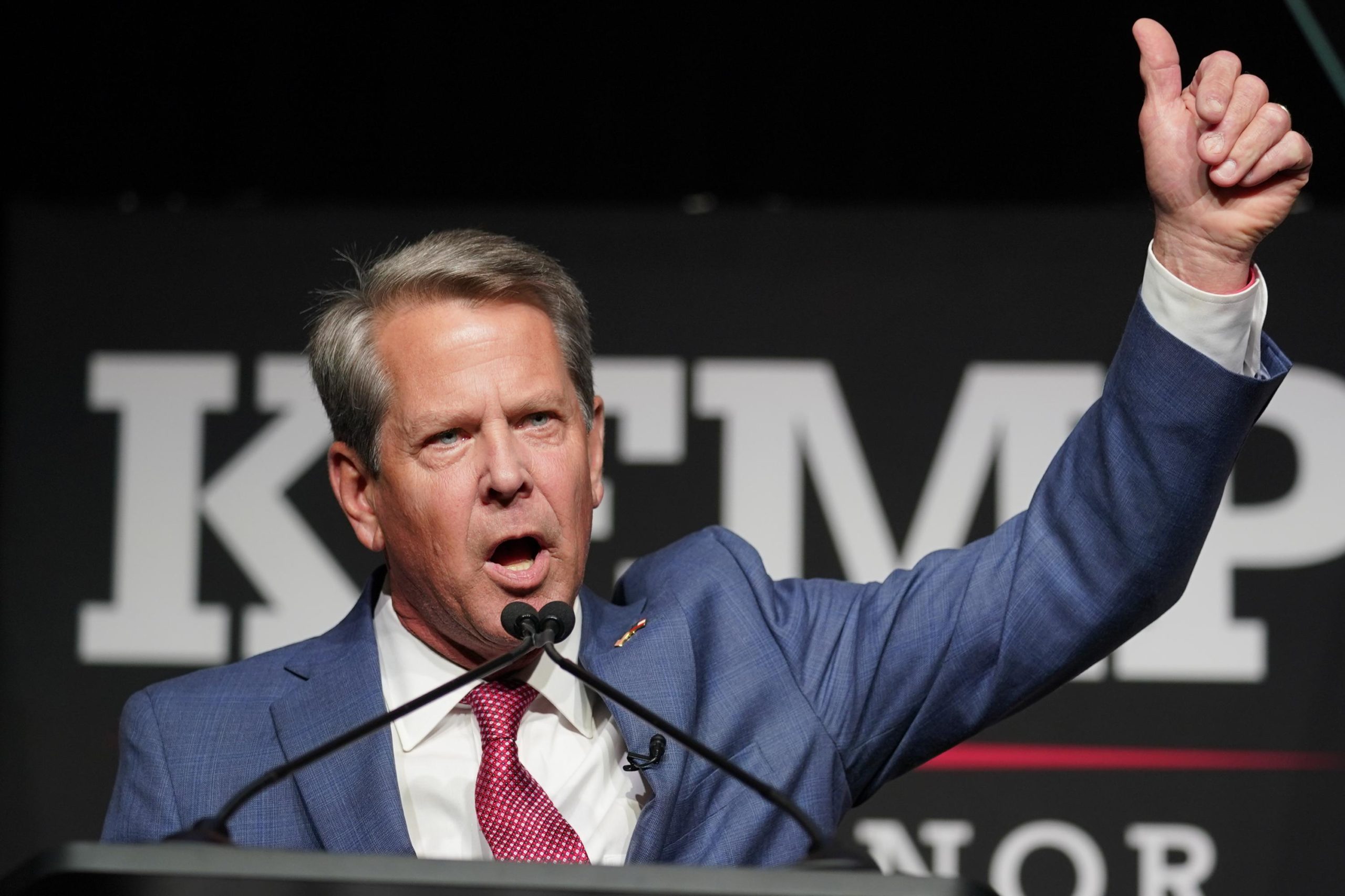By: Patrick Wheat

(Credit: Gage Skidmore)
For many sitting members of the House of Representatives, the term “immigration reform” often evokes a feeling of distaste. Whether this sentiment is evident in the bitter curse word muttered by a Republican at the idea of offering amnesty to illegal immigrants, or in the sarcastic disappointment exuded by a Democrat after another failed attempt to create a path for citizenship. It is clear that neither party has had serious expectations that an overhaul of the American immigration system would be likely in the near future.
All this changed on Jan. 30, when the House Republican leadership announced a new immigration proposal. The plan is open to allowing the estimated 11 million illegal immigrants in the United States to remain in the country under several provisions, such as paying taxes, learning to speak English, and admitting that they broke the law by entering the country illegally. Additionally, it offers the possibility of a path to citizenship for young immigrants who have been in the country for their entire lives. The Republican Party’s proposal, which was crafted during a GOP retreat in Cambridge, Md., demonstrates a significant shift in popular party ideology.
Until now, the focus of Republican-backed legislation regarding immigration reform had centered on increasing border security and removing individuals who had entered the country illegally. This shift in policy from the Republican leadership is being judged by many as an important step forward in the political boondoggle that is the immigration debate. Since the Senate passed a bipartisan immigration reform package seven months ago, the ball has been in the House’s court to offer up an immigration reform bill to begin the process of repairing the broken system that currently exists. The White House and several key members of the Democratic Leadership have already regarded the proposal as a real chance to address this issue. Sen. Charles Schumer, D-N.Y., a co-author of the Senate immigration plan, said, “While these standards are certainly not everything we would agree with, they leave a real possibility that Democrats and Republicans … can in some way come together and pass immigration reform. It is a long, hard road but the door is open.”
Not everyone is so optimistic of this new turn of events. Richard L. Trumka, President of the AFL-CIO, was quoted as saying that the AFL-CIO would only support a proposal that gives immigrants a path to citizenship. In response to this newest plan, Trumka went as far as to say, “It’s a joke. It’s a hoax, is what it is. It’s like fools gold.” Trumka is concerned that the immigrant population may be forgiven for entering the country illegally, but they will be denied permanent citizenship. This, he argue, will create a lower class of citizens that will be viewed essentially as “slave labor.” While not unsurprising, this negative reaction from the head of the nation’s largest labor union could be seen as a barometer of the factions within the Democratic Party over this issue. Conversely, members of the Republican Party leadership have claimed to support the proposal only so long as reinforcing border concerns remains a key priority and no proposal is passed that that would create a blanket amnesty for illegal immigrants. Rep. Paul Ryan, chairman of the House Budget Committee, commented on the proposal by saying, “Security first, no amnesty, then we might be able to get somewhere.” Louisiana Gov. Bobby Jindal also claimed that the switch in focus from just border security to border security plus the creation of the new immigration program will allow the nation’s immigration system to become “high wall, broad gate,” as opposed to the current “high wall, shut gate.”
House leadership is finally signaling that a gray area does in fact exist within the mire of the debate on immigration; the next phase will unfold in two parts. The first part will be gauging the reactions of their membership. Historically, some members of the Republican caucus have been extremely hesitant toward supporting any immigration reform. Their reactions will likely play a large part in Republican strategy for this bill in the coming months, either by the leadership speeding up the process of drafting a bill and passing it or allowing the bill to die rather than risk a caucus revolt and threat to the leadership’s authority. However, if the Republicans are able to take a major step towards resolving this decades old debate, they stand to gain a large influx of support in the Hispanic community that should stand as incentive in a political climate where minority support is often cited as a key deciding force in elections. The second part will be the reaction of the Democratic Party in both the Senate and the House. While they may embrace this opportunity as a positive development, there is just as much chance that a bill that does not create a guaranteed path to citizenship will not gain the party’s support.
In either case, this step by the Republican leadership is one of the first serious signals sent by either party toward the notion of compromise in a very long time. During a congressional session that has been cited as being one of the most unproductive in history, this gesture is being treated with sincere, albeit cautious, optimism.


